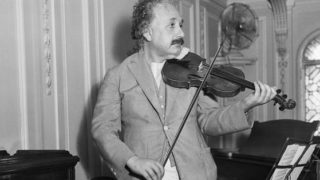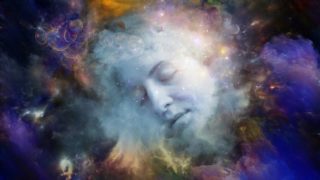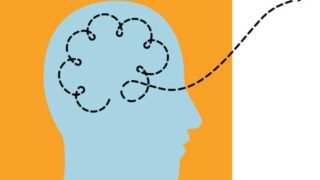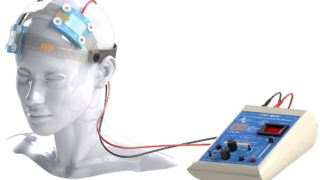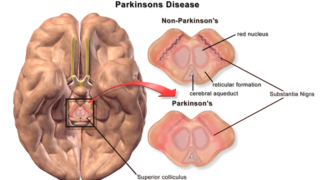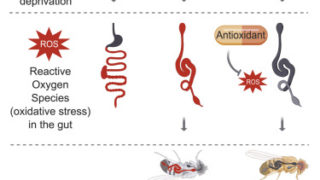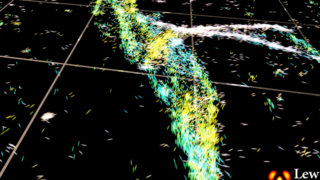
Hungry lonely brains
When hungry, not only our bodies long for food, our brains do too. And it appears that when it comes to social interaction, a similar thing happens. Social deprivation leads to a brain angry for social contact. A recent study [Livia Tomova et al (2020) Acute social isolation evokes midbrain craving responses similar to hunger […]
